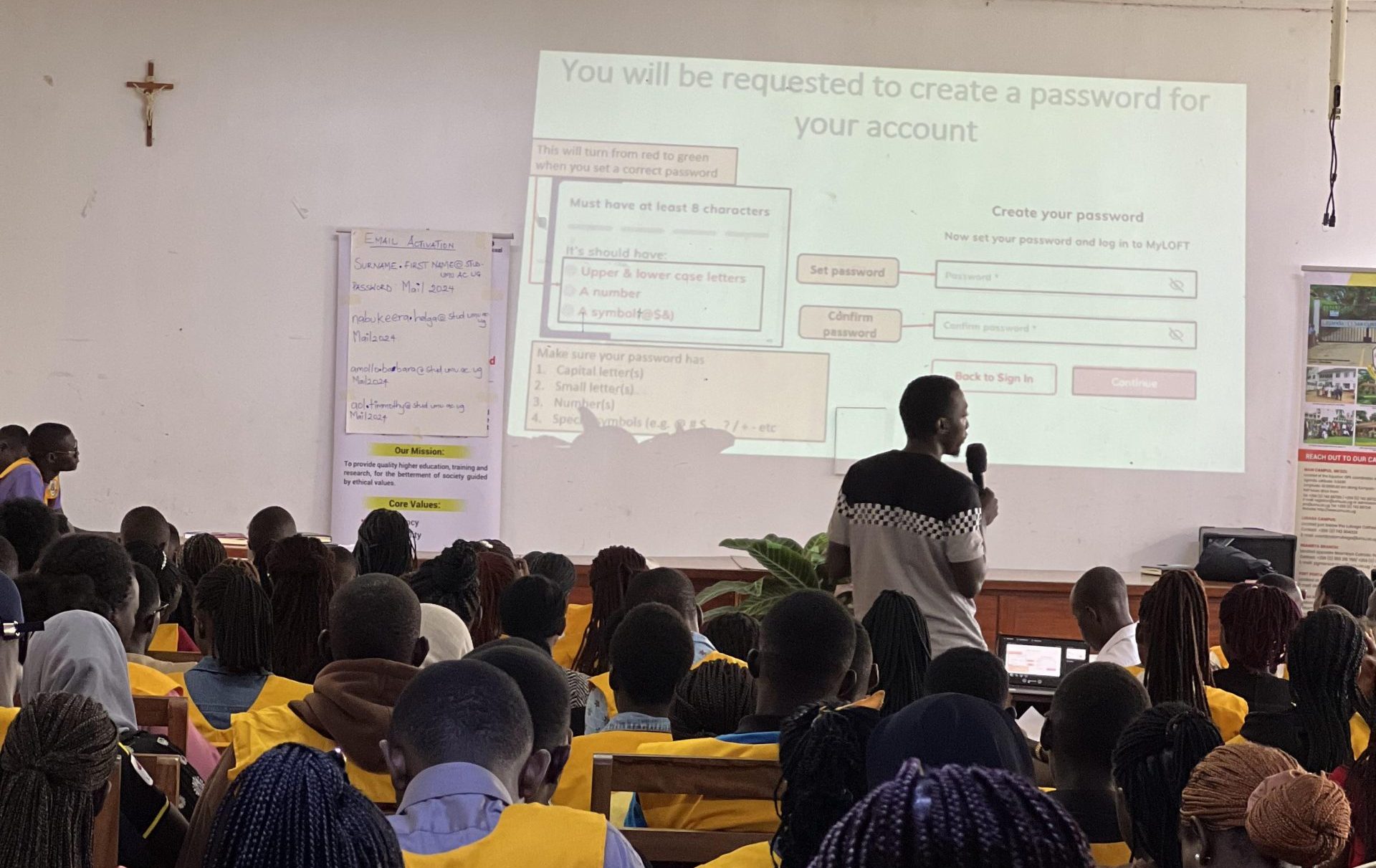admin
- Posted on
- No Comments
- Education,Library,Library events,Trainings
A Gateway to Academic Success.
Library orientation is a valuable introduction to the resources, services, and facilities available in a library. For students, especially those new to a school or university, attending a library orientation session can be pivotal in their academic journey. Here are some key benefits:
- Familiarization with Resources
-
- During orientation, students learn how to access a wide range of resources, including books, academic journals, e-books, databases, and multimedia materials. This knowledge is critical for research, assignments, and broadening academic perspectives.
-
- Research Skills Development
-
- Library orientation provides students with foundational research skills. They are guided on how to search databases effectively, evaluate credible sources, and use citation tools. These skills are essential for producing high-quality academic work and avoiding plagiarism.
-
- Efficient Use of Time.
-
- By understanding how to navigate the library system and use search tools efficiently, students save time during their studies. They can quickly locate materials, reserve books, and access digital resources, allowing them to focus on studying rather than searching.
-
- Access to Librarian Expertise
-
- Orientation introduces students to the library staff, particularly librarians, who can provide invaluable assistance. Librarians help students locate specialized resources, conduct research, and offer personalized guidance on difficult academic topics.
- Orientation introduces students to the library staff, particularly librarians, who can provide invaluable assistance. Librarians help students locate specialized resources, conduct research, and offer personalized guidance on difficult academic topics.
-
- Introduction to Study Spaces and Technology
-
- Library orientation highlights the study areas, computer labs, printing services, and other technology resources available in the library. Students learn how to book study rooms or use the library’s tech facilities, which enhances their study experience.
- Library orientation highlights the study areas, computer labs, printing services, and other technology resources available in the library. Students learn how to book study rooms or use the library’s tech facilities, which enhances their study experience.
-
- Increased Academic Confidence
-
- Knowing how to effectively use the library builds students’ confidence in their academic work. They become more independent learners, better equipped to handle assignments, and more capable of conducting thorough research.
- Knowing how to effectively use the library builds students’ confidence in their academic work. They become more independent learners, better equipped to handle assignments, and more capable of conducting thorough research.
-
- Networking Opportunities
-
- Library orientations often involve group activities, enabling students to meet their peers. This networking can lead to study groups, collaborative learning opportunities, and a sense of community within the academic environment.
- Library orientations often involve group activities, enabling students to meet their peers. This networking can lead to study groups, collaborative learning opportunities, and a sense of community within the academic environment.
-
― Conclusion
Library orientation is more than just an introduction to a building—it’s a gateway to academic success. By attending, students unlock the potential of the library, gaining access to resources, skills, and support that will enhance their learning and overall experience. For students, this orientation can make the difference between merely getting by and truly excelling in their studies.



